Outdated front yard trends – 10 looks we are saying goodbye to and inspiring ways to replace them in 2025
Time for a front yard makeover? Expert advice on how to update your curb appeal
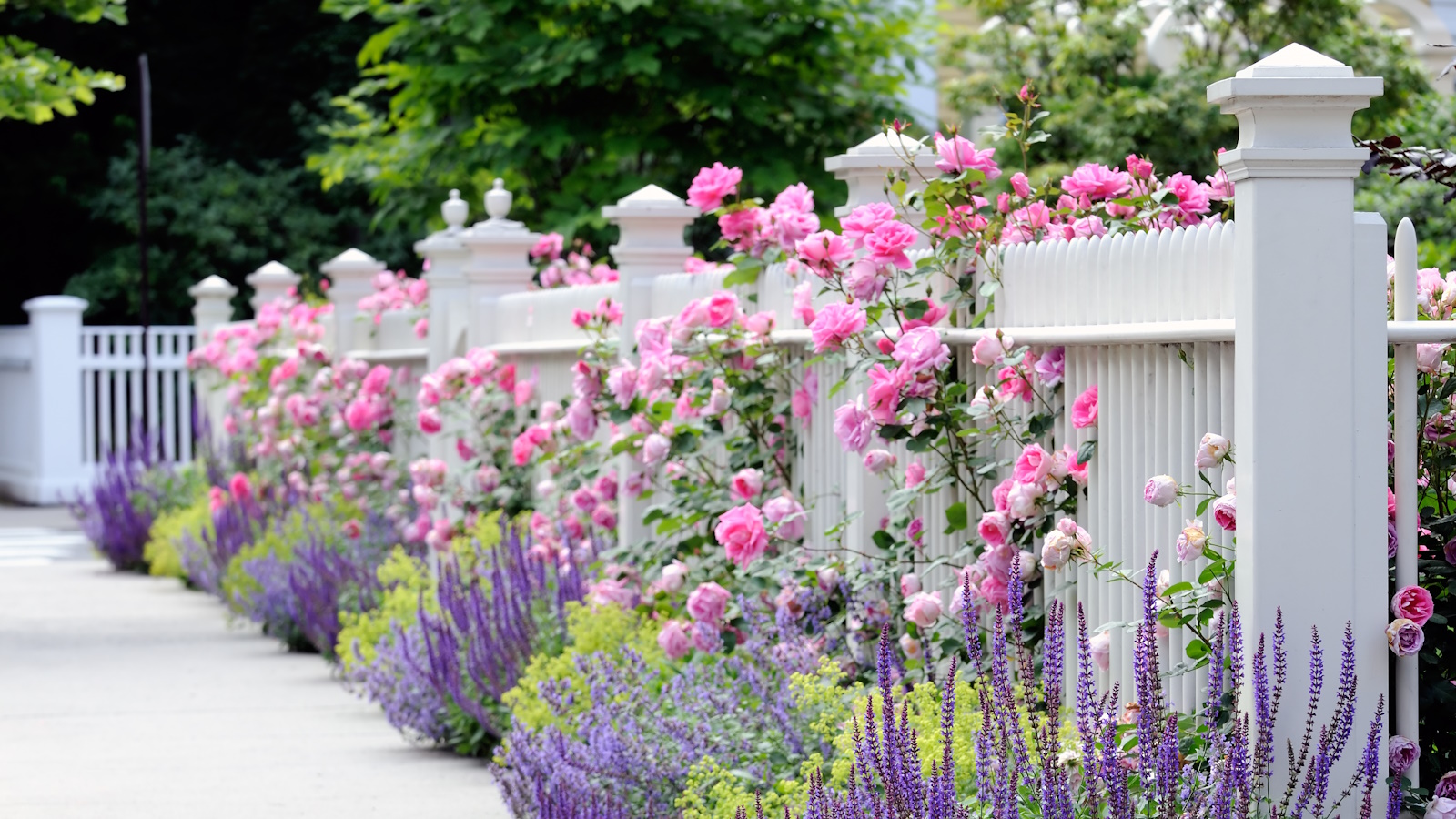
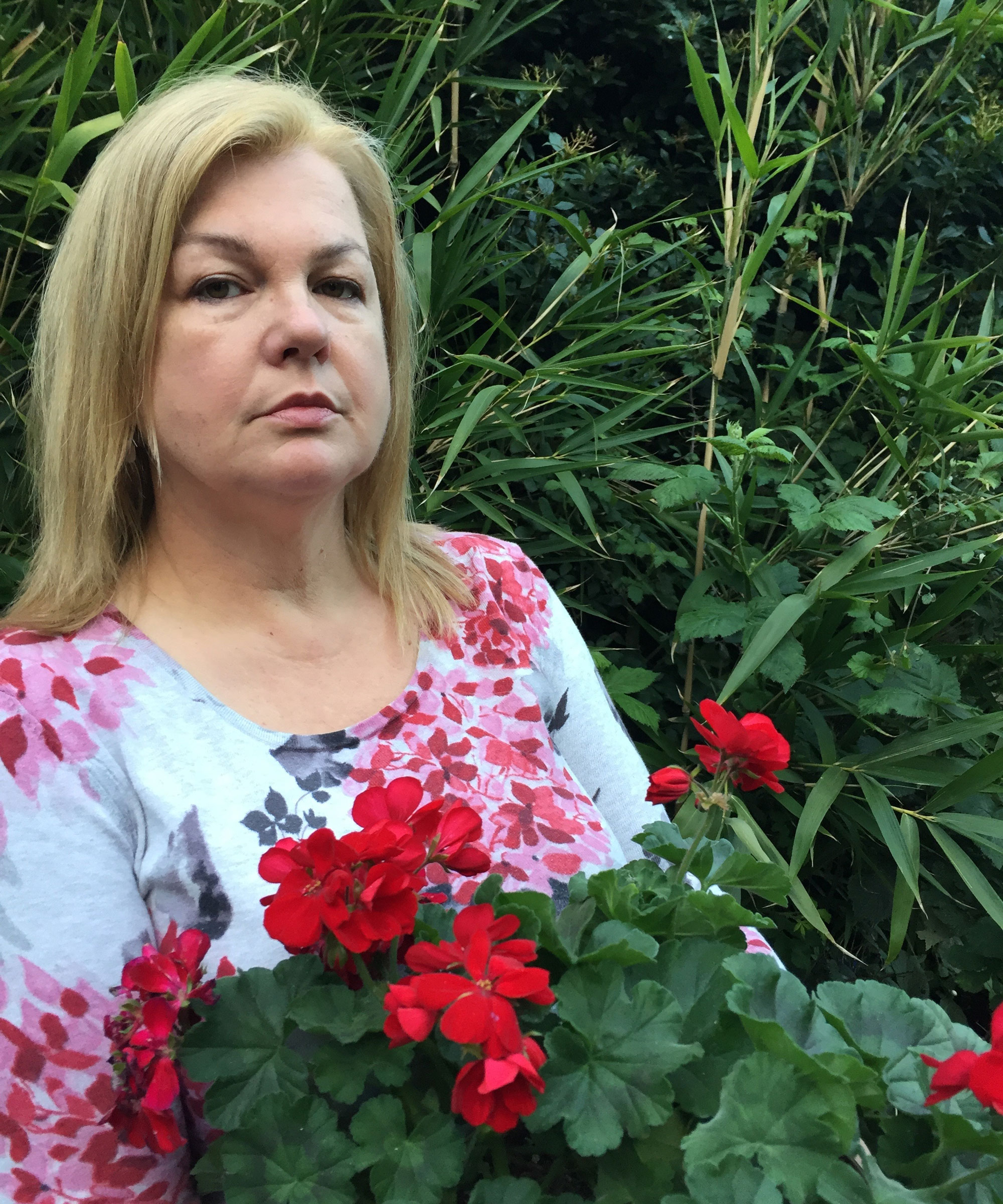
Rachel Bull
Even in the world of garden design, trends come and go. Every few years it's a good idea to take a fresh look at your front yard to see whether you can make any changes to maintain a stylish curb appeal. It could be as simple as updating your planters. Or perhaps there is something bigger that needs addressing, and you're considering a design overhaul.
Either way, you're probably looking for inspiration on how to make some changes to your front yard landscaping ideas. The good news is, whether your front yard is looking a little dated, is no longer to your taste, or simply is not sustainable enough for the times we live in, making changes is easier than you might think.
If any of our expert suggestions on outdated front yard trends resonate, we share how to fix them and provide alternative ideas that will update your space in no time.
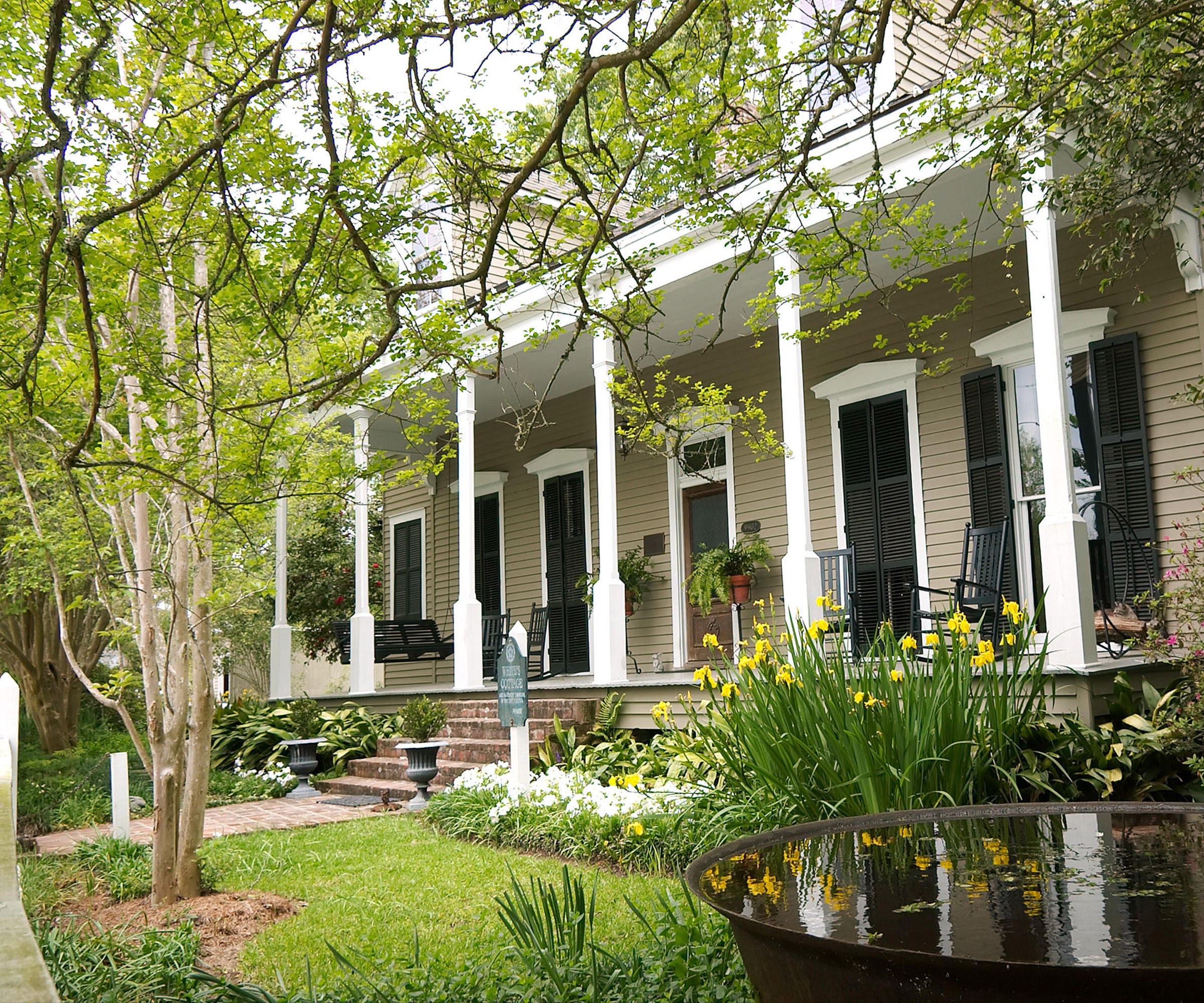
10 front yard looks that have had their day
When it comes to making sure your front yard isn't looking tired, tap into the latest design advice and you will soon be saying goodbye to any outdated front yard trends and get things back to looking their very best.
We have plenty of ideas for how to update your front yard with modern front yard landscaping ideas and sustainable planting inspiration to help get your revamp underway.
1. Keeping a manicured front lawn
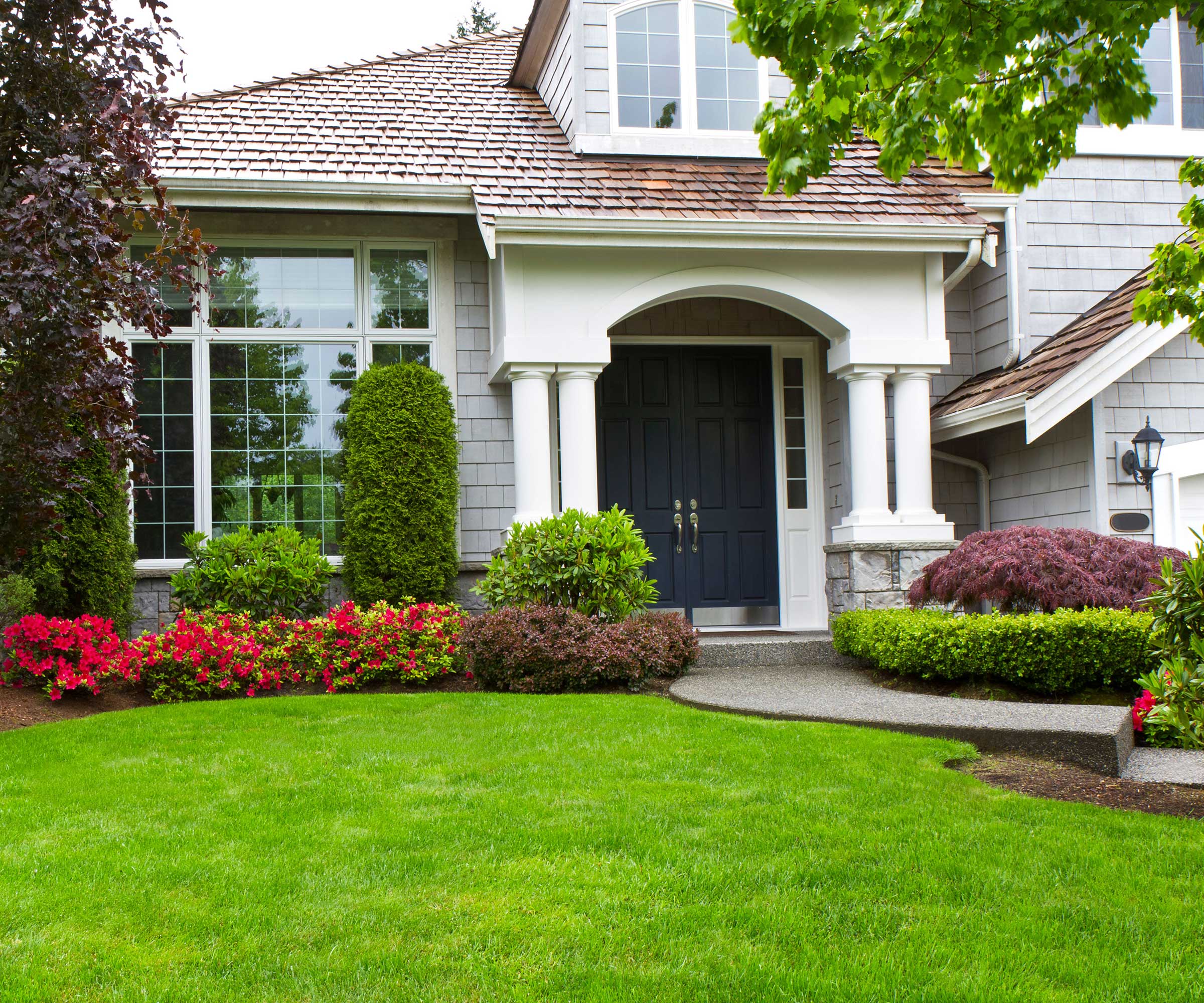
This patch of green takes a lot of maintenance
One of the most notable shifts has been away from the traditional manicured lawn, which are sometimes now seen as impractical and unhelpful to local ecosystems.
If you're looking at options to get rid of a high maintenance, water-guzzling lawn that's struggling because of drought or other environmental issues, try looking at types of lawn grass that will thrive in your local area. If that fails, it's much better to go with a no-grass front yard idea than an artificial lawn, and instead turn the area into planted beds with a gravel mulch.
If you live in a hotter climate, you could consider replacing your front lawn with xeriscapes and native plant gardens, which not only conserve water but also provide vital habitats for local wildlife.
2. Favoring excessive areas of hardscaping
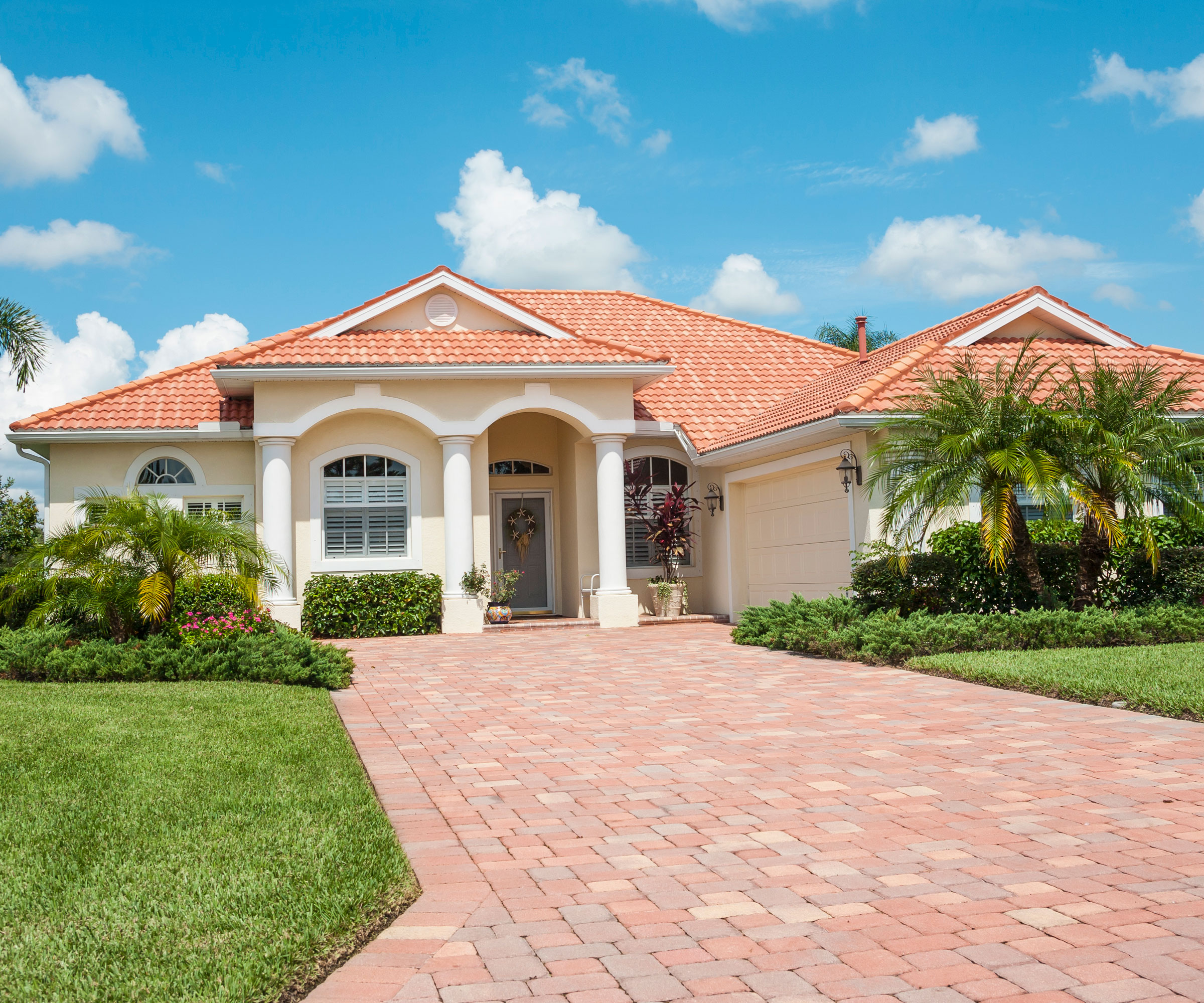
This large expanse of driveway is more noticeable than the house
Another outdated trend is excessive hardscaping. For some, sprawling concrete driveways and pathways dominating the front yard are falling out of favor. Instead, more balanced designs that incorporate evergreen planting are enhancing curb appeal ideas.
Trends in front yard hardscaping are definitely evolving. One of the big changes we've noticed recently is the fading popularity of using a single type of paver for front yard landscaping, as seen in the design pictured.
'When it comes to front yard paving ideas the trend now is for mixing materials like stone, brick, and concrete to add texture and visual interest to front yard designs,' says landscaping expert Brian Clayton, co-founder of GreenPal. 'Using just one type of paver can look dull and uninspiring. Instead, you can create visual interest by using different paver materials to define spaces. Plus you can incorporate gravel landscaping or grass strips between pavers to add texture and a more natural feel to the space.'

Bryan is the CEO at GreenPal, and has over two decades in the landscaping business. He is passionate about creating outdoor spaces that merge beauty with functionality.
3. Choosing over-formal landscaping design
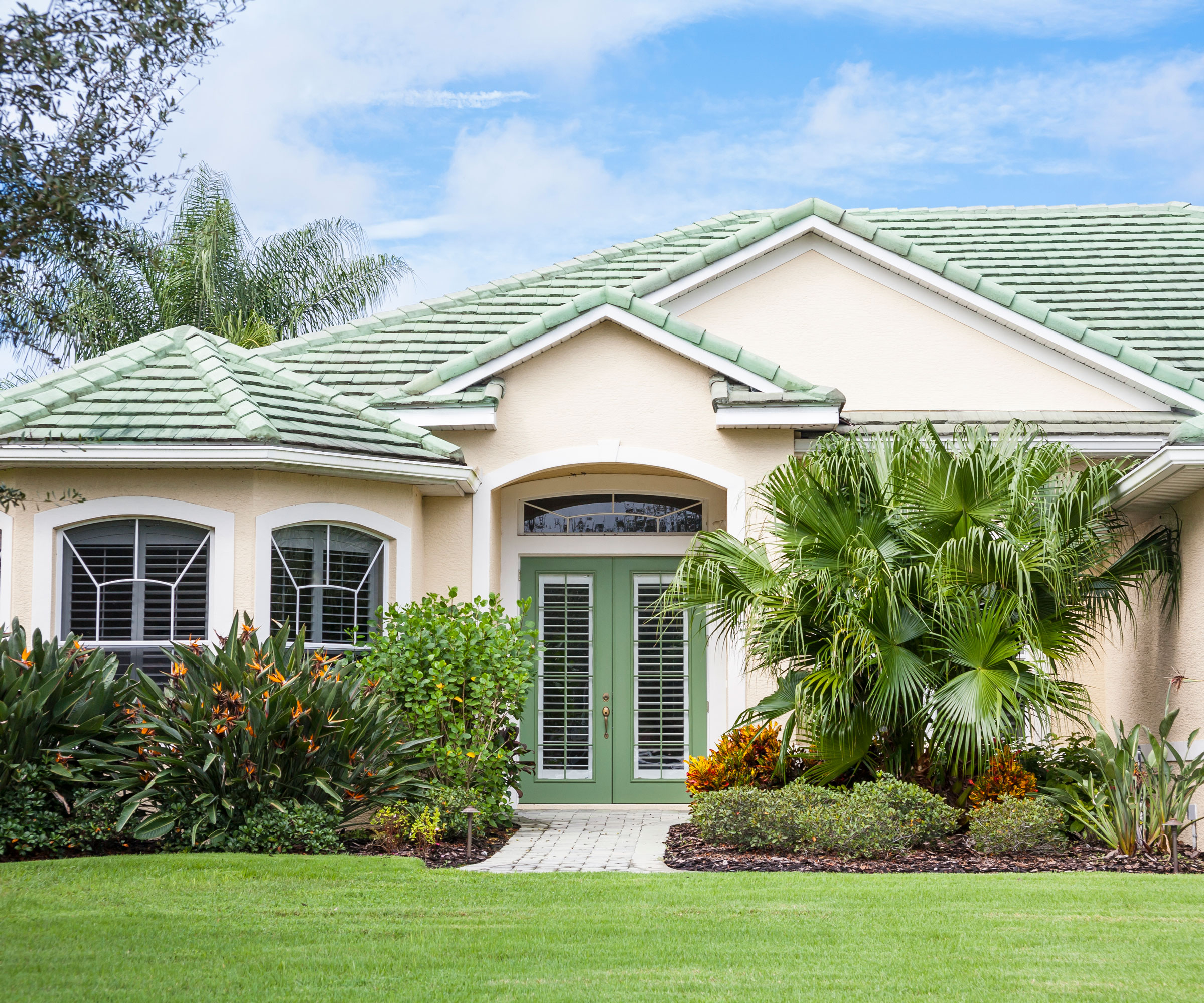
It's neat, it's tidy but it's also underwhelming. Imagine if the space was allowed to go a little wild and deconstructed
Formality in landscaping has also seen a decline. The rigid, symmetrical layouts that were once in vogue are giving way to more natural designs.
A lot of homeowners are opting for landscapes that mimic nature, with meandering pathways, and a mix of native plants. This shift reflects a broader desire for landscapes that are as beautiful as they are sustainable.
Formal landscaping often includes a simple, geometric design, an area of lawn, and straight paths and walkways lined by sharply delineated borders and beds. Everything looks perfect but the downside is it takes a lot of time keeping it this way.
Instead, cut yourself some slack. If you recognise this as one of the outdated front yard trends in your own space, let the planting relax a little by opting for a more natural look and working in some of the best front yard plants.
4. Planting too many ornamental grasses
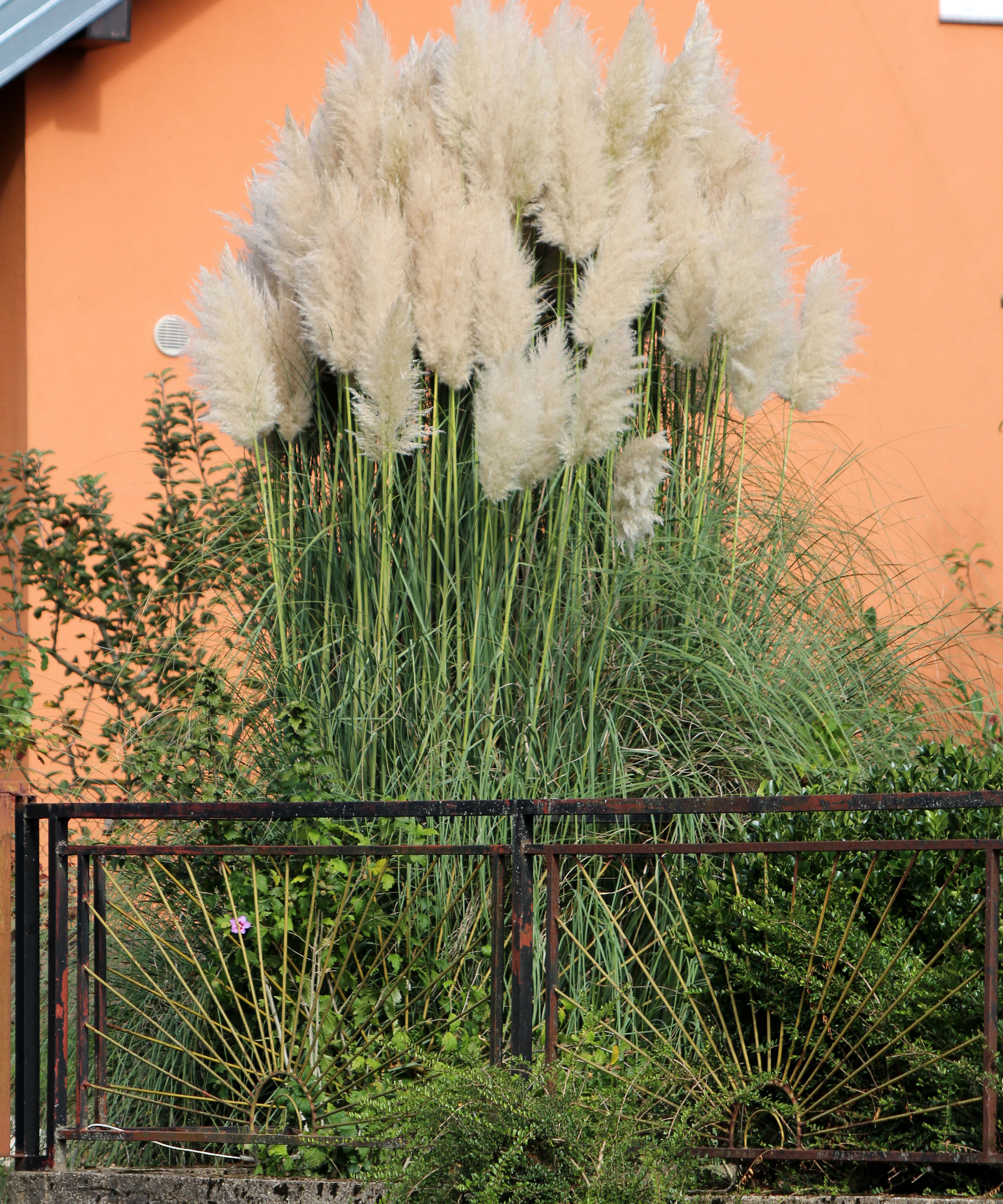
Pampas grass may have had its moment
'One trend that has outlived its welcome is the excessive use of ornamental grasses in front yards,' says Bryan Clayton. 'A decade ago, they were considered low-maintenance and chic. However, the overuse has made them somewhat passé, and they often end up looking unkempt or overrun if not properly maintained.'
Another problem is that they can actually make a yard look more cluttered than intended. Plus, many of these species are also now classed as invasive in some states.
You can find out when to cut back ornamental grasses if you are a fan and have them in your front yard, so you can at least keep them under control and stop them taking over the space.
A shift toward native plants that are well-suited to your local climate and US hardiness zone is growing in popularity. These plants support local ecology and typically require less care than non-native ornamental grasses. 'Native plants are a sustainable, attractive, and increasingly popular choice for modern landscaping. Homeowners can achieve a fresh, current look while also creating a yard that works in harmony with the local environment,' says Bryan.
5. Failing to update porch details
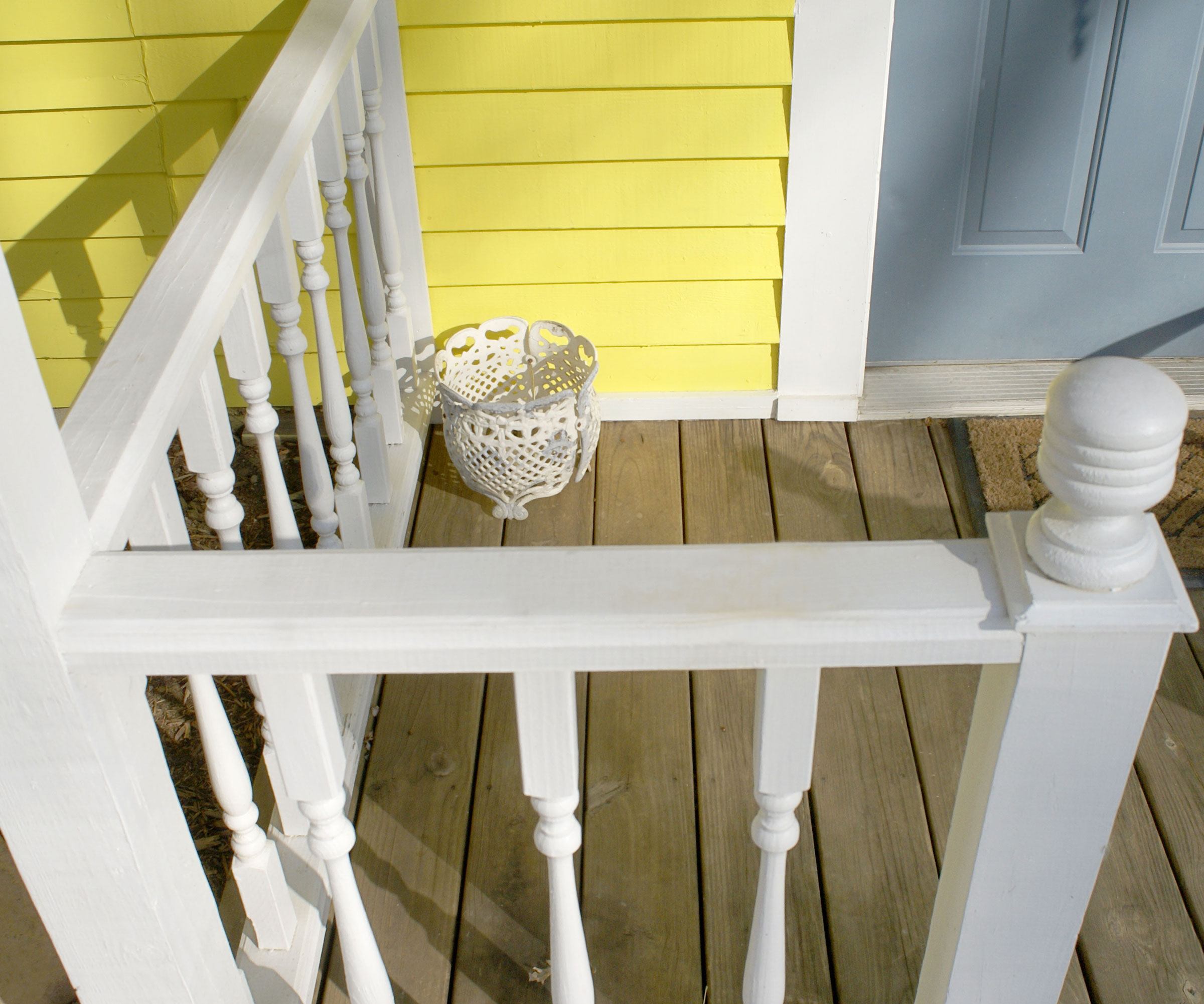
Wooden porch detailing can look old fashioned
The porch is generally the focal point of any front yard design and also sets the mood for the interior of the house, helping to create the all-important first impression. It's the worst possible place to be showing off outdated front yard trends. Instead the porch should reflect our modern lifestyles with a welcoming and uncluttered aesthetic.
Design trends such as statement oak railings and balusters that have been around a while now can look clunky and dated.
Cluttered porches have also had their day. Now there's a tilt towards displaying fewer, more stylish items that have both quality and personality, ensuring they stand the test of time. By tapping into the quiet luxury trend, you could remove wooden handrails and balusters, and replace them with either glass or a vertical metal wire railing so which allow more light onto your porch, and allow you to show off some select, modern planters.
6. Staying loyal to tired color schemes
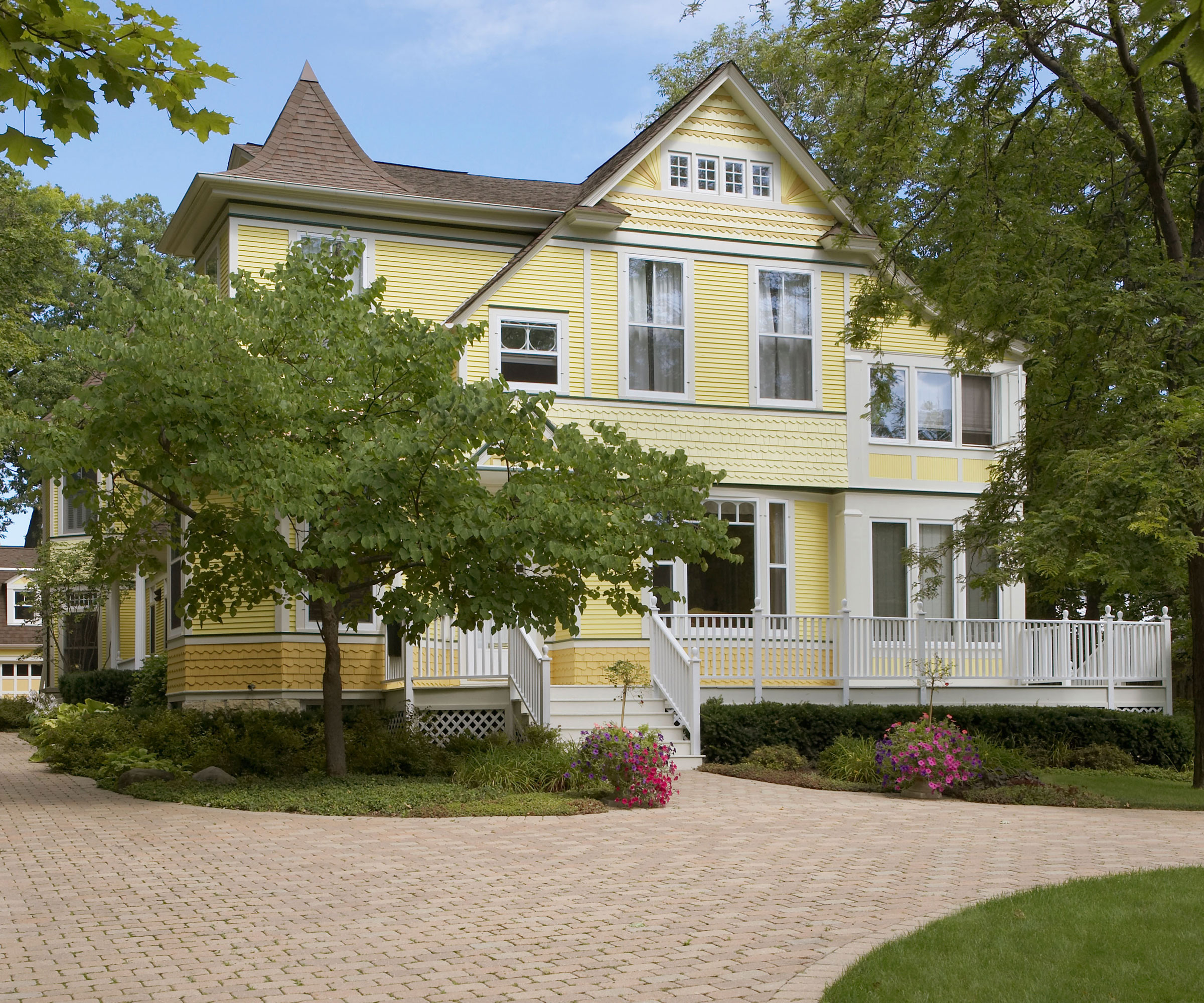
Paint is an easy way to refresh your front yard but just be sure to choose the right colors
Choosing the right combination of colors is important if you want to get rid of a look that now feels stale, and is rooted firmly in outdated front yard trends.
'Uniform color schemes, which had a moment in the spotlight for their simplicity, can now seem dated,' says Artem Kropovinsky, interior designer and founder at Arsight in New York City. 'Instead there's a new wave that embraces texture, intriguing patterns, and a splash of unexpected hues.'
Mix up your front yard color theme instead of going for a matching look. Color-wise take your pick from a palette of earthy, neutral colors in shades of sage green, soft yellow and dusky pink, and remember to incorporate some of the pattern that Artem referenced too.
Color is also important if want to find out how to make a small front yard look bigger, with light colors such as white, ivory, pale gray, and sage green reflecting higher amounts of light than dark colors, which tricks the eye into perceiving the space as bigger than it is.
7. Picking a driveway-centric design
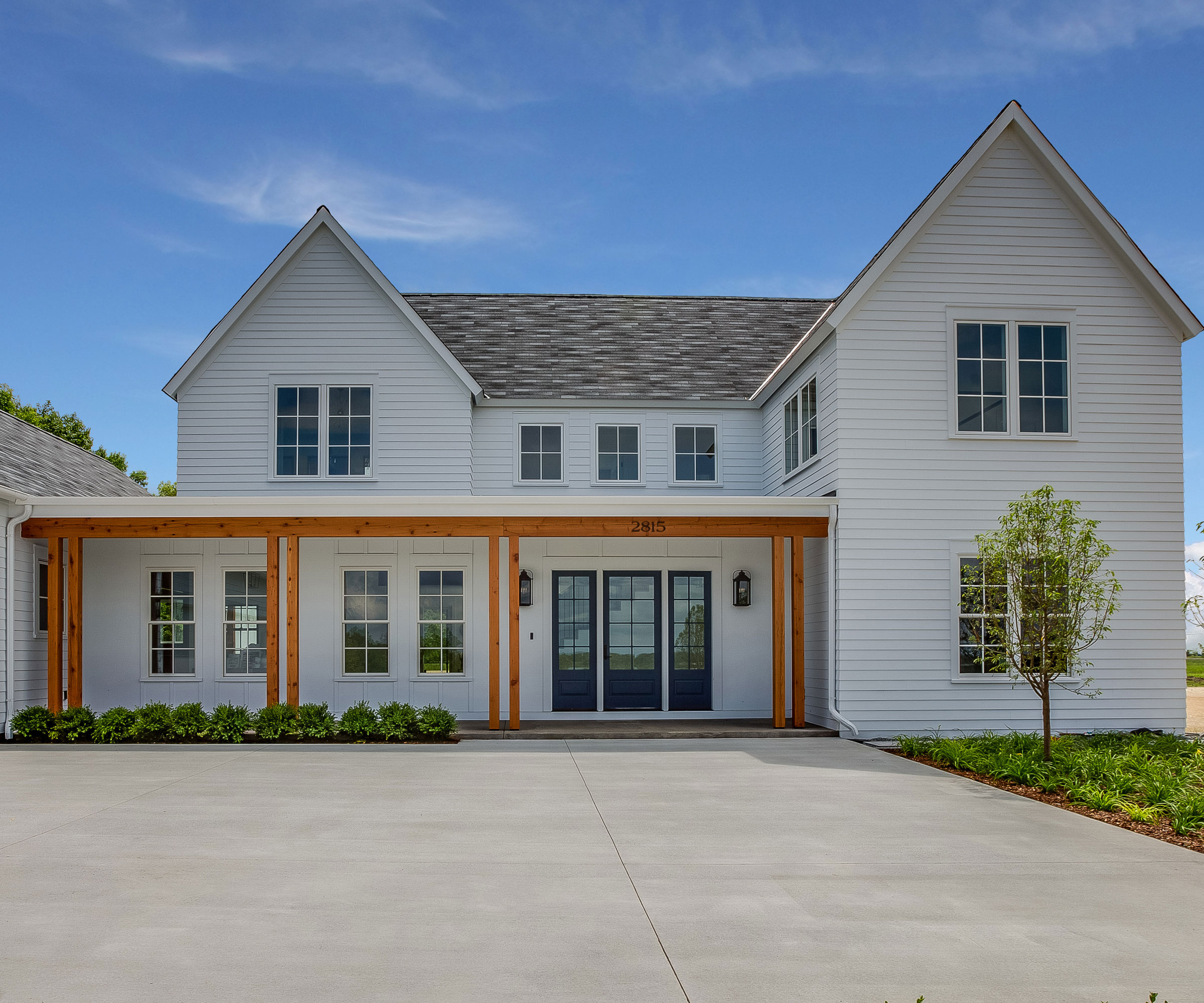
This driveway steals the show by pushing the planting out to the perimeters, where it feels little more than an afterthought
'Avoid designing your front yard with the driveway or parking area as the central focal point. Instead, prioritize an inviting pedestrian path that enhances the experience at human-scale, making it more welcoming and accessible,' says landscape architect Rituparna Simlai of Miami-based Studio Arth.
Taking the driveway off-centre is also an option. You can also minimise the impact of a driveway design by growing plants on either side that will sprawl over the edges of hardscaping and soften the boundaries. The central part of the driveway between paved wheel tracks is another good place for growing the best walkable ground cover plants, and will help to create a much more naturalistic look.
Another good idea to take focus away from a dominant driveway is mixing materials to break up sections of paving and create a more interesting look where it segues into the planting and overall design rather than acting as the main feature.

Rituparna Simlai is the founder of Studio Arth, an award-winning landscape architecture firm based in Coconut Grove, Miami. With a masters degree in Landscape Architecture from Harvard University, Rituparna has over 15 years' experience in landscape and architecture have led her to work on award-winning international projects in New York, Miami, California, India, Singapore, and the Caribbean.
8. Growing overly manicured shrubs
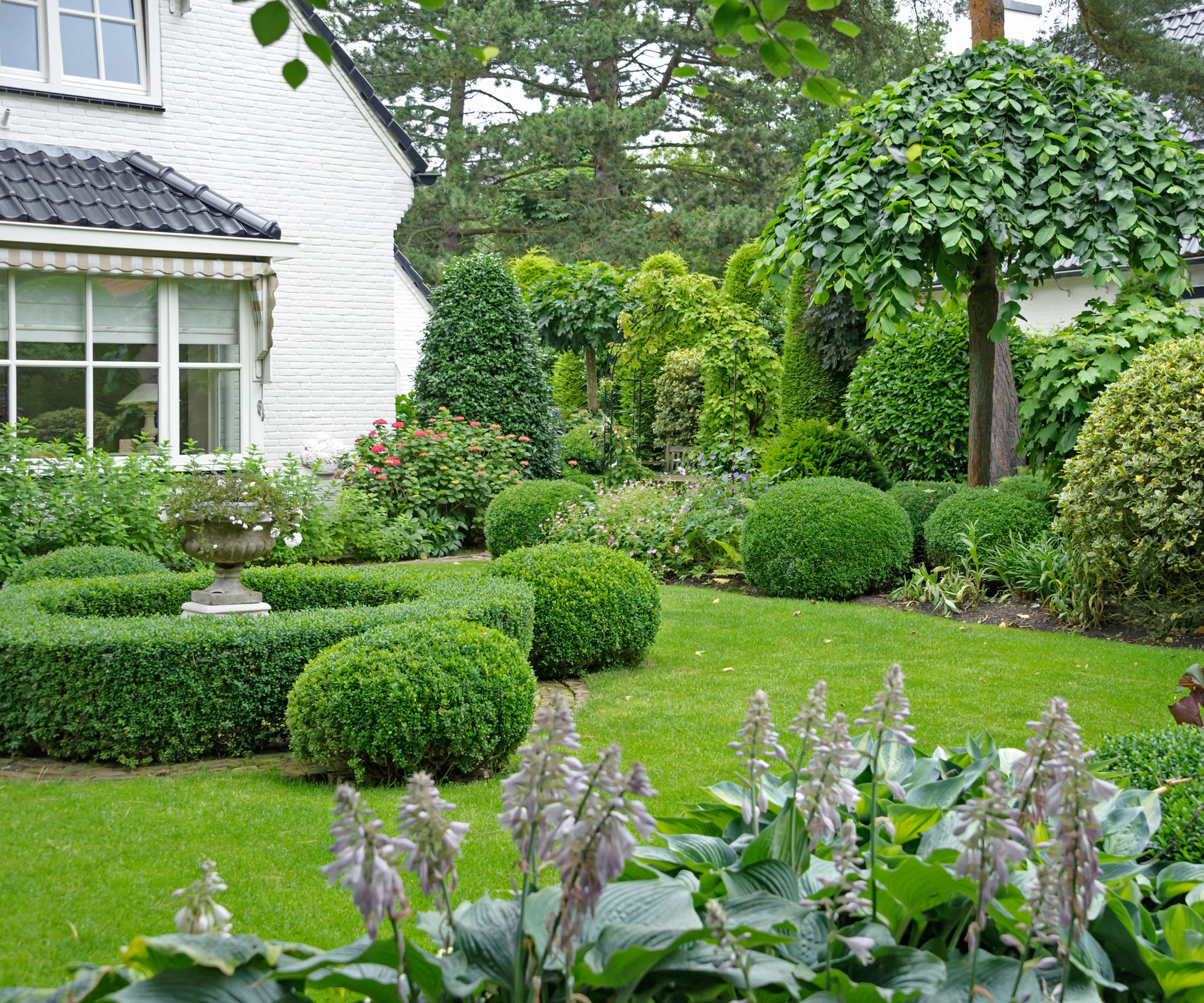
'Refrain from maintaining shrubs in excessively manicured and pruned shapes,' says Rituparna Simlai. 'Contemporary landscaping trends lean towards a more natural and organic garden design approach that respects the original shape and form of plants, contributing to a harmonious and balanced landscape.'
Topiary and symmetrical planting is often a feature of overly manicured shrubs, and everything ends up looking very structured. A downside of this style of gardening is that keeping everything looking so organised can be hard work, especially as keeping boxwood and other evergreen shrubs looking smart means regular clipping. So as well as looking increasingly like one of the outdated front yard trends this makes big inroads on your downtime.
Instead lean into more low maintenance front yard ideas with naturalistic perennial planting and a move towards choosing native habitat-supporting, pollinator-loving varieties, such as coneflowers, black-eyed Susans, and blue sage. You can find coneflower seeds at True Leaf Market.
9. Installing cheap, plastic edging

At some point it seemed like a quick and easy way to neaten up your front yard flower beds, by adding inexpensive plastic edging - usually with a scalloped edge. It often ends up breaking or working its way out of the soil, giving an inelegant feel to your front yard.
There are so many better, more stylish ways of edging a bed or path, with better quality materials that will last a lot longer.
You can achieve a more contemporary look by incorporating metal garden edging ideas, such as steel edging. Corton steel, in particular, provides a modern, sleek finish and can elevate pretty much any style of planting. It will also naturally darken over time. You can find DIY Corton steel edging kits on Amazon.
Bricks or other natural stone laid on their edge to create a herringbone effect, such as in the image above, work beautifully for a more rustic, cottage garden theme.
10. Non-permeable hardscaping
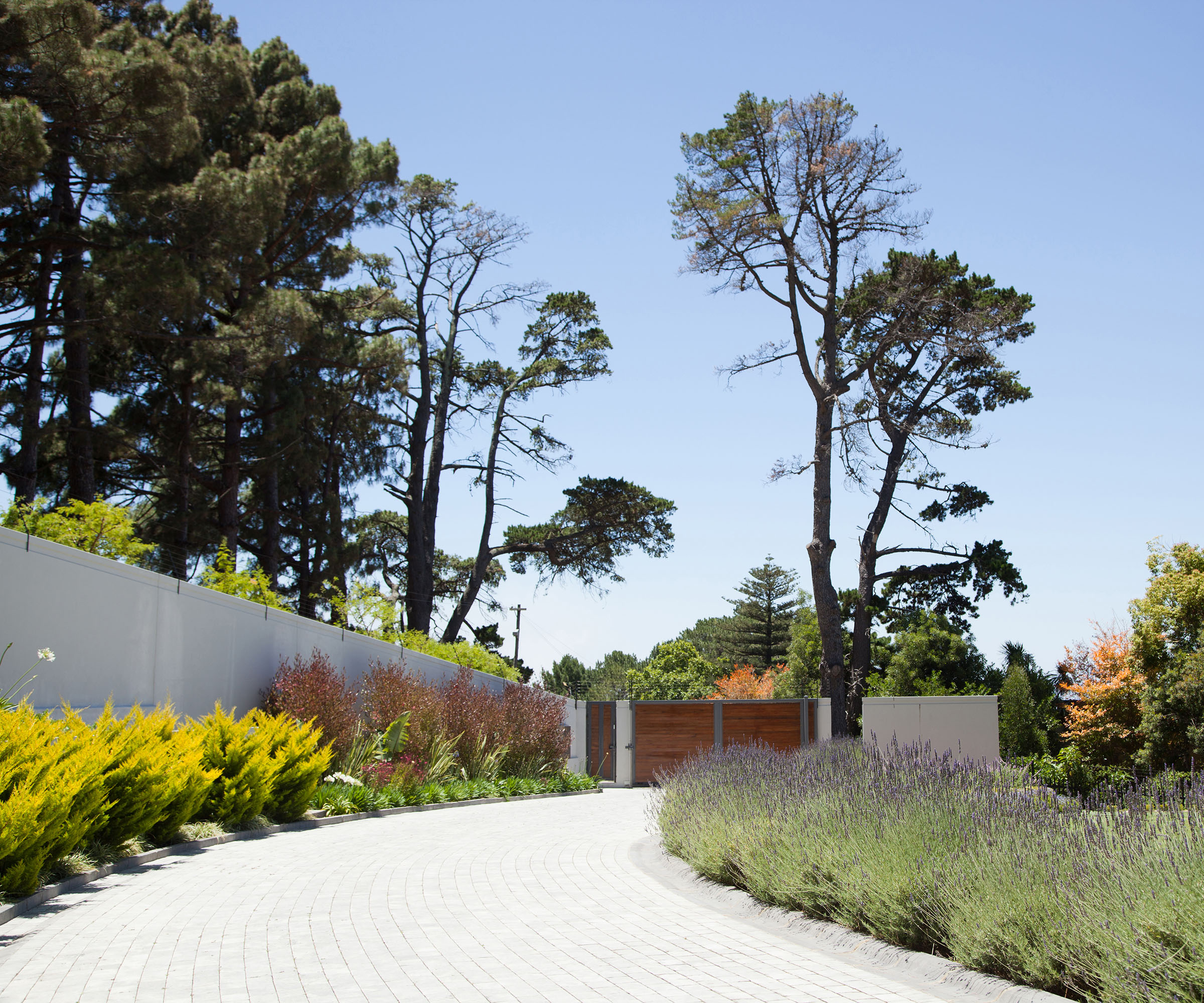
We all need an element of practicality in our front yard, especially if we have a driveway. Some hardscaping is going to be necessary, but excessive use of concrete can cause excessive water run-off during periods of heavy rainfall.
While we often think about using water butts, rain barrels and rain chains in our backyards as effective rainwater harvesting systems, we shouldn't ignore the front yard.
By adding permeable options, such as gravel or paved drives this allows water to be absorbed back into the ground, lawns and flower beds, where it is most needed. It helps prevent flash flooding, and encourage much better water drainage - which is better for the local environment.
FAQs
Are boxwoods still in style for front yard landscaping?
While popular up until recently, the trend for smartly clipped boxwoods lining front yard paths and porches has slowly started to wane. One likely reason is the fact these shrubs need very regular maintenance and it can be hard work keeping them looking smart.
In addition to this, the current landscaping trend for loose and naturalistic planting is in direct opposition to the structured, geometric look that boxwoods offer. With the attention and care needed to keep boxwood shrubs in good shape, many of us simply think it's not worth the effort any more and is going the way of other outdated front yard trends.
We have one final tip about lighting. Colored or white garden lighting in your front yard and porch is now also starting to feel outdated. 'Instead consider using warm yellow lighting rather than colored or white options as part of your front yard lighting ideas,' says Rituparna Simlai. 'Warm yellow lighting is favored for its ability to create a subtle and cozy ambiance in outdoor spaces, enhancing the overall appeal of your front yard.'
Sign up to the Homes & Gardens newsletter
Design expertise in your inbox – from inspiring decorating ideas and beautiful celebrity homes to practical gardening advice and shopping round-ups.
Lifestyle journalist Sarah Wilson writes about flowers, plants, garden design and gardening trends for Homes & Gardens. She has studied introductory garden and landscape design and floristry, and also has an RHS Level 2 qualification in the Principles of Plant Growth and Development. She is a regular contributor to Homes & Gardens and Livingetc. She has also written for Real Homes, Modern Gardens and Country Homes & Interiors magazines.
- Rachel BullHead of Gardens
-
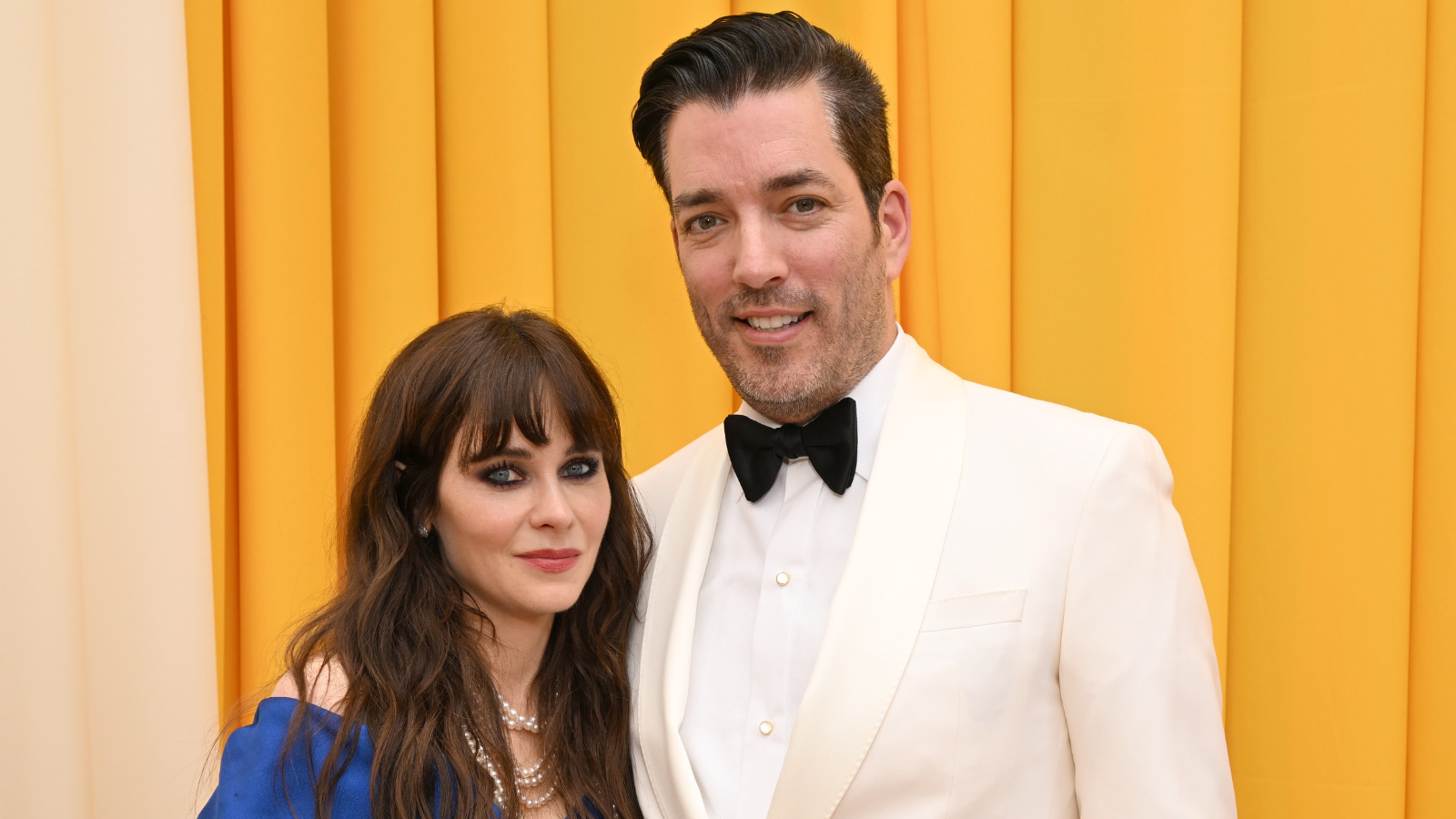 Zooey Deschanel and Jonathan Scott's breakfast nook is an innovative, effective use of kitchen space – it turns a 'dead area' into a cafe-style corner
Zooey Deschanel and Jonathan Scott's breakfast nook is an innovative, effective use of kitchen space – it turns a 'dead area' into a cafe-style cornerJonathan and Zooey have situated an eccentric yet elegant dining area in what may have been an otherwise underused corner
By Hannah Ziegler Published
-
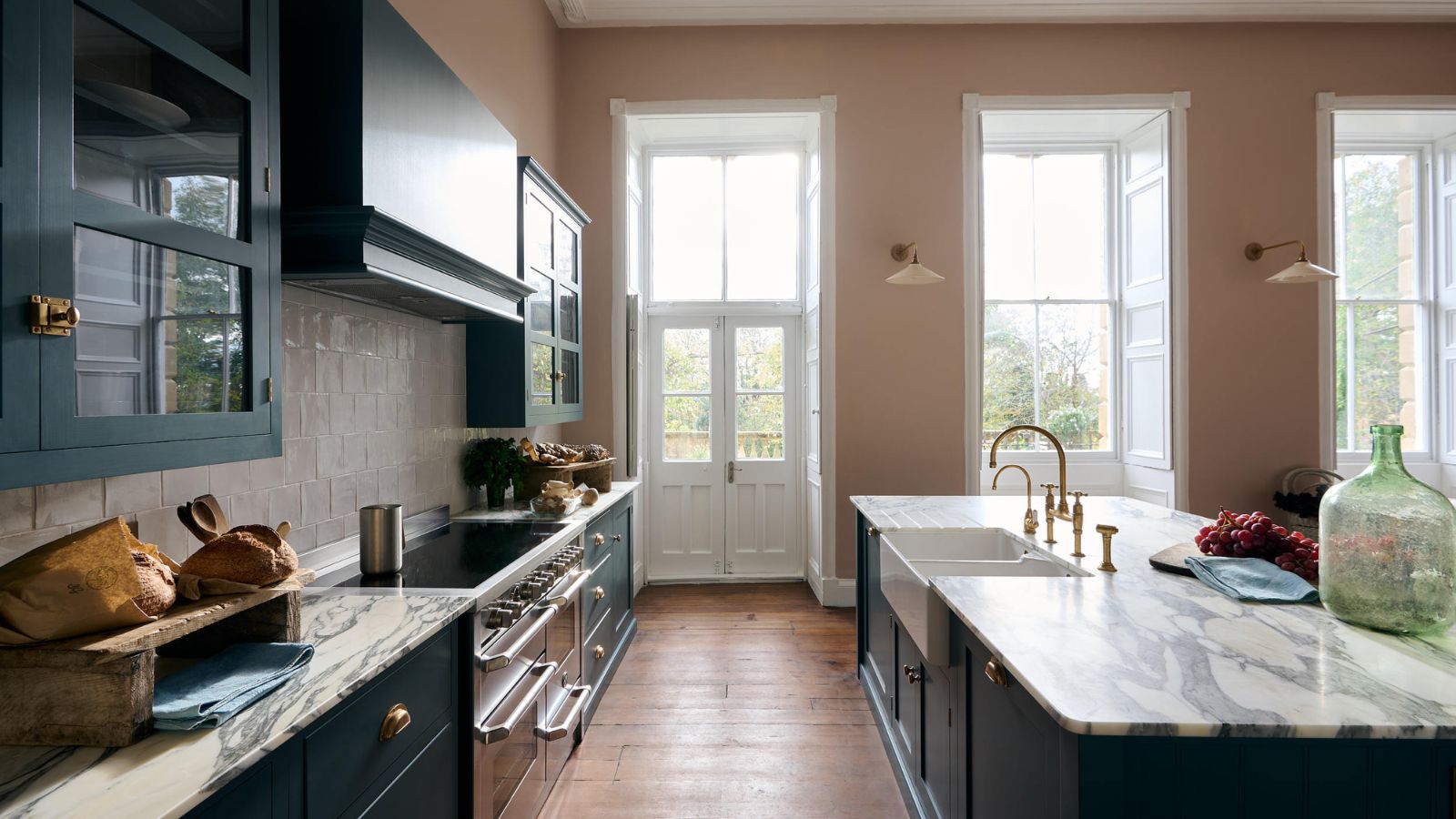 6 things you should never throw in the trash – and what to do for safe disposal instead
6 things you should never throw in the trash – and what to do for safe disposal insteadFrom batteries to space heaters, experts reveal what not to throw
By Andy van Terheyden Published